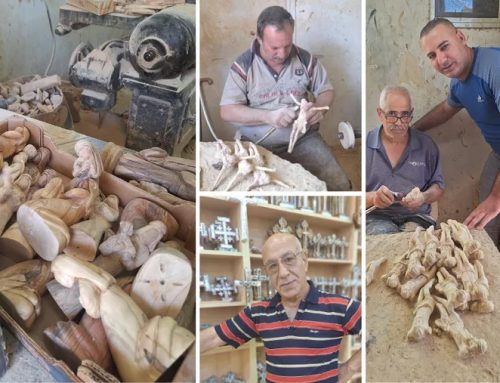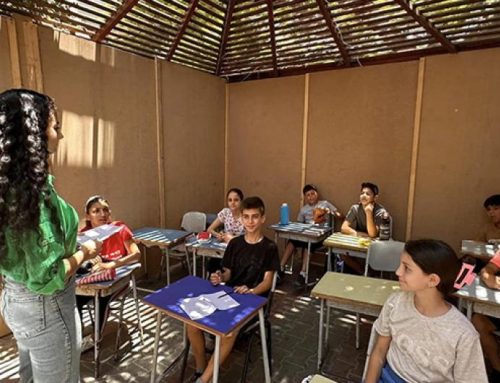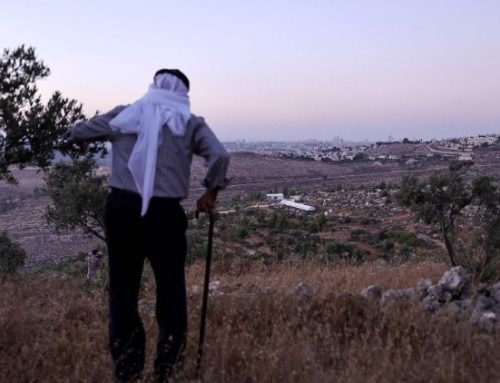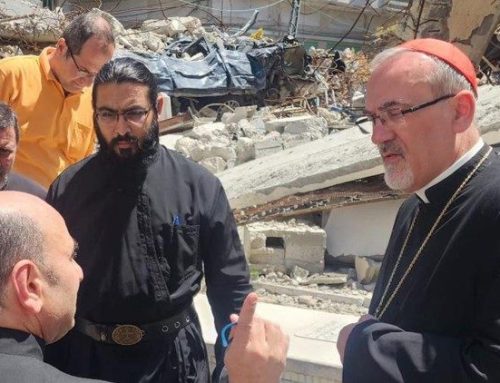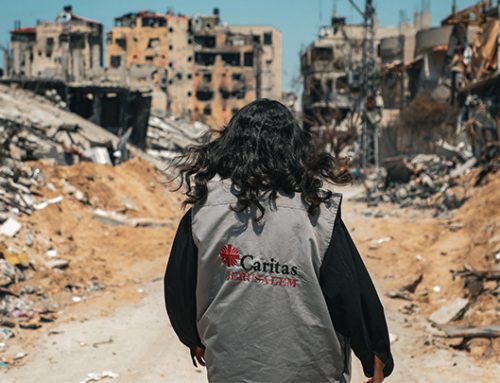Daniel Barenboim is a noted musician and conductor all around and he does not need any testimony to the effect. Yesterday, I dropped by the Notre Dame Center where he was delivering one of the BBC Radio 4 Reith Lectures for 2006.
Daniel Barenboim is a noted musician and conductor all around and he does not need any testimony to the effect. Yesterday, I dropped by the Notre Dame Center where he was delivering one of the BBC Radio 4 Reith Lectures for 2006. I was impressed with his emphasis on music as a joiner of hearts and transformer of personality, even of inherited culture. I was also impressed with his belief that music can soften the unbridgeable political gulfs that separate peoples in conflict. He referred specifically to a musical event in the recent past in which Arab and Israeli musicians played together.
But throughout my listening to this lecture, I felt sad in the heart as I was torn by the question of how could music and other forms of art and culture, even when shared by musicians and artists of the two sides of the political divide, overcome inherent inequities and injustice in systems of dominance and separation? The problem, it seems to me, is not in partaking in joint activities nor in working at transforming ourselves in order to bring about an order of peace, justice and neighborly relations. These we can and should undertake, in spite of the resistance that we feel and in spite of so many obstacles and constraints that prohibit one from partaking. The problem is how we use the bonds that unite all of us and the joint activities in culture, art and other domains to challenge the systems of dominance, occupation and separation that in their very nature are threatening to all of us. The danger in the .peace of music. and I am sure that Barenboim is aware of this is that it could become a complacent piece of the unjust system as represented by the political, social and economic status quo of the occupier – occupied.
Music and other forms of art and culture can help us try and overcome our anger and frustrations over an unjust system. Playing music together can show us a different way of understanding and appreciating each other. But as we try to overcome our anger and understand others in a new way, the question that remains is for which purpose if we cannot change the unjust system? As I have participated and continue to participate in ongoing meetings where adversaries and other interested groups come together, I see that we have arrived at a seemingly dead end. Usually, it is the same people who come, the same lectures and speeches are given, the audience is overrepresented on the one side and limited on the other and the activities themselves seem often to be unrelated to the injustice and inequity perpetrated by a continuing system of occupation and separation. Certainly, some of the participants at these events are satisfied and happy by the mere fact that these events are taking place. But we do have a serious problem as more of the encounter and coming together events seem to be quite distant from the sad and brutal reality. Certainly, prominent personalities like Barenboim, with their stamina, sense of purpose and determination can make a difference that remains unfortunately limited. The challenge to all of us is how to do away with a bad system of occupation and separation and how to get politicians on both sides to work together towards a dignified and sustainable political solution. What Barenboim and others like-minded are doing is praiseworthy and must continue as it is the human capital that can come in handy when the politicians finally agree on a political course that will herald peace, neighborly relations and justice. Until that time we should use the events of coming together to think of ways and strategies to counter the system of occupation, separation and domination.

